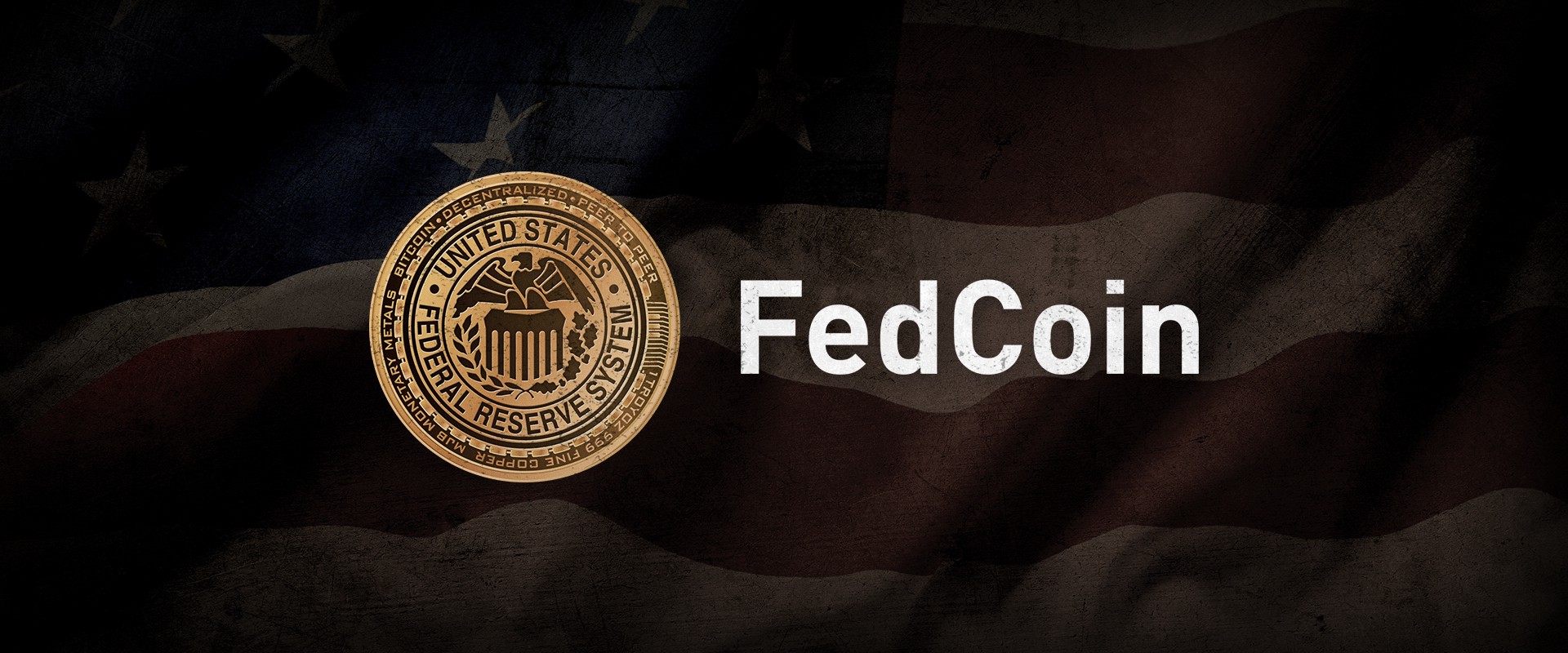PALO ALTO, Calif. (Reuters) - The Federal Reserve is taking a look at a broad range of concerns around digital payments and currencies, including policy, design and legal considerations around potentially issuing its own digital currency, Governor Lael Brainard stated on Wednesday. Brainard's remarks suggest more openness to the possibility of a Fed-issued digital coin than in the past." By changing payments, digitalization has the prospective to provide higher worth and convenience at lower cost," Brainard said at a conference on payments at the Stanford Graduate School of Organization.
Main banks worldwide are disputing how to handle digital finance innovation and the dispersed ledger systems used by bitcoin, which guarantees near-instantaneous payment at possibly low cost. The Fed is establishing its own round-the-clock real-time payments and settlement service and is currently reviewing 200 remark letters submitted late in 2015 about the suggested service's design and scope, Brainard said.

Less than 2 years ago Brainard informed a conference in San Francisco that there is "no engaging showed requirement" for such a coin. However that was prior to the scope of Facebook's digital currency ambitions were widely known. Fed officials, including Brainard, have raised issues about consumer defenses and data and privacy risks that could be postured by a currency that could enter usage by the 3rd of the world's population that have Facebook accounts.
" We are working together with other central banks as we advance our understanding of reserve bank digital currencies," she stated. With more countries looking into releasing their own digital currencies, Brainard stated, that adds to "a set of reasons to also be making certain that we are that frontier of both research and policy advancement." In the United States, Brainard said, concerns that require study include whether a digital currency would make the payments system much safer or simpler, and whether it could position financial stability risks, including the possibility of bank runs if money can be turned "with a single swipe" into the central bank's digital currency.
To counter the monetary damage from America's extraordinary national lockdown, the Federal Reserve has actually taken unprecedented steps, including flooding the economy with dollars and investing directly in the economy. The majority of these relocations received grudging acceptance even from lots of Fed doubters, as they saw this stimulus as needed and something just the Fed might do.
My brand-new CEI report, "Government-Run Payment Systems Are Risky at Any Speed: The Case Versus Fedcoin and FedNow," details the risks of the Fed's current strategies for its FedNow real-time payment system, and propositions for main bank-issued cryptocurrency that have actually been called Fedcoin or the "digital dollar." In my report, I talk about concerns about privacy, information security, currency manipulation, and crowding out private-sector competitors and development.
Proponents of FedNow and Fedcoin say the federal government needs to create a system for payments to deposit immediately, rather than encourage such systems in the private sector by raising regulative barriers. However as kept in mind in the paper, the private sector is offering a seemingly limitless supply of payment technologies and digital currencies to fix the problemto the extent it is a problemof the time space between when a payment is sent out and when it is gotten in a bank account.
And the examples of private-sector development in this area are numerous. The Clearing House, a bank-held cooperative that has been routing interbank payments in numerous types for more than 150 years, has been clearing real-time payments because 2017. By the end of 2018 it was covering half of the deposit base in the U.S.